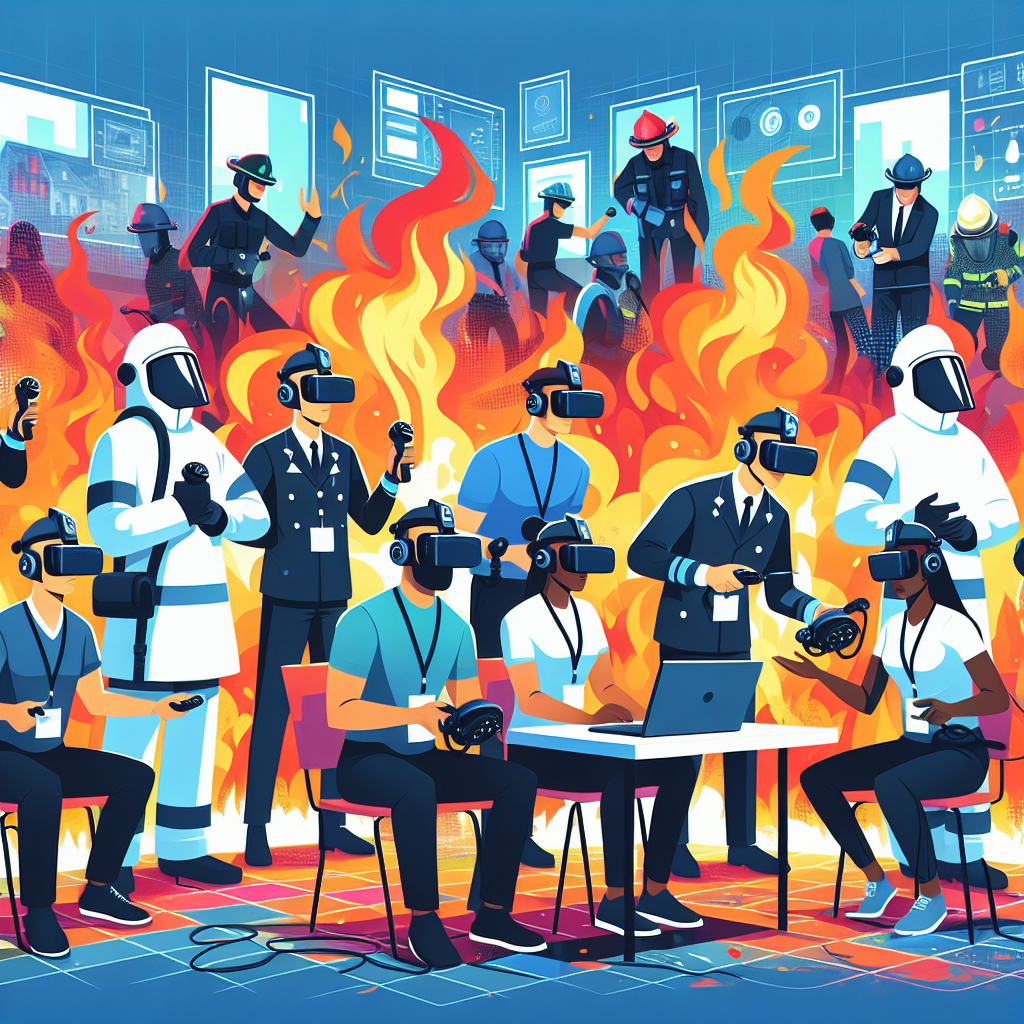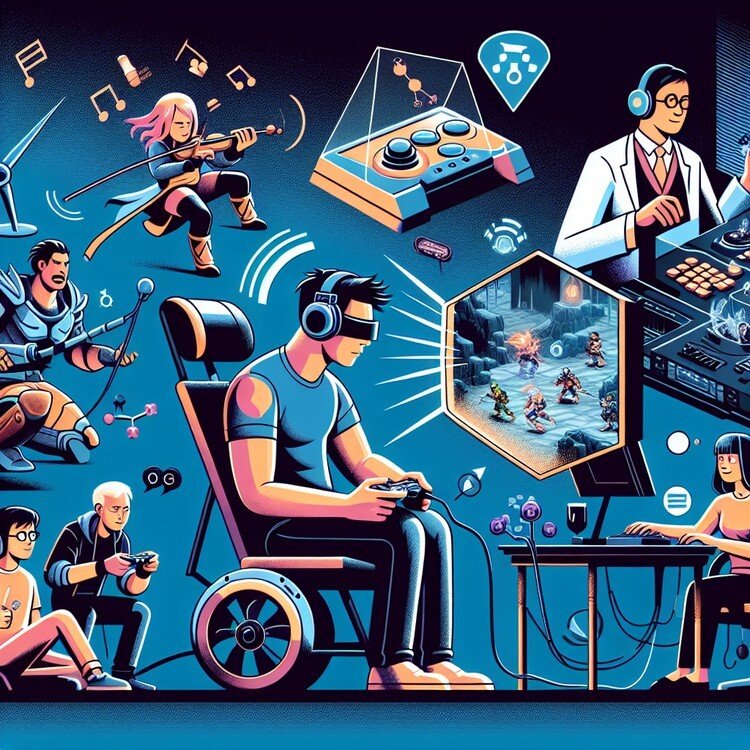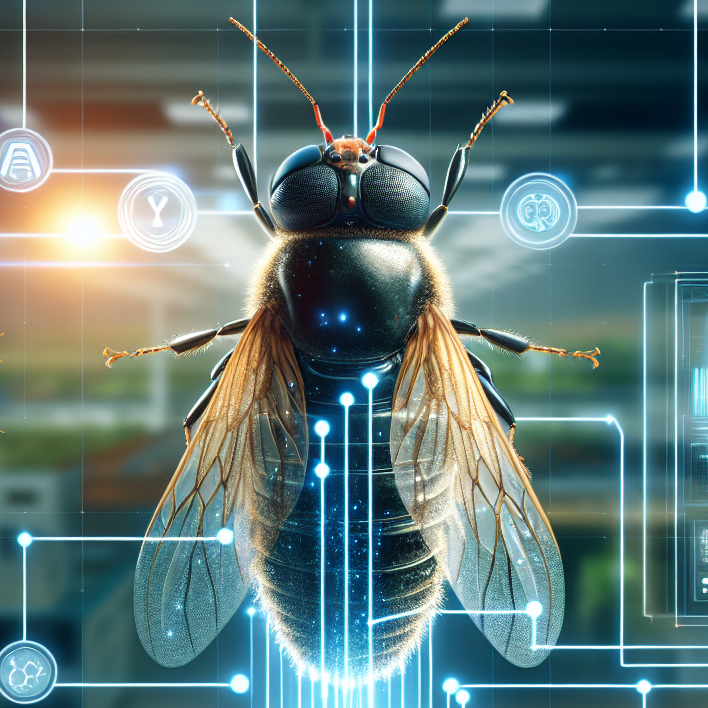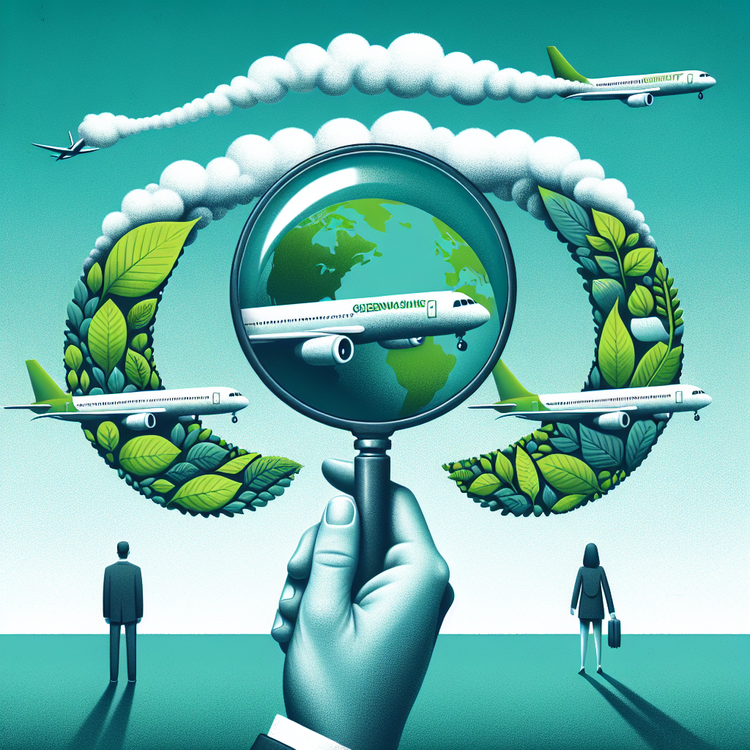Virtual reality (VR) technology is becoming a useful tool for training fire investigators. Researchers at the University of Dundee, along with emergency services, have created a way to build fake crime scenes that mimic real fire situations. They conduct controlled burns and carefully measure the results to collect important data that helps with investigations. This new method allows them to recreate fire scenes in a virtual world, giving investigators a special chance to train and analyze different scenarios.
Using VR for fire investigation training has shown great promise. Studies suggest that investigators who use this technology are better at figuring out where fires started and how they spread. The immersive experience of virtual reality lets trainees interact with the scene in a way that traditional training can’t match. By experiencing the behavior of fire in a safe virtual setting, investigators can sharpen their skills and gain a deeper understanding of how fires work.
The team at the University of Dundee hopes that one day, virtual reality will be a regular part of training for new fire investigators. This technology not only helps with hands-on learning but also encourages teamwork among different emergency services. By sharing information and experiences in a virtual space, investigators can learn from each other and develop a better grasp of fire investigation methods.
Additionally, VR can be used for sharing data, making it easier for investigators to present their findings in a virtual setting. This can improve communication and teamwork with colleagues and other important people involved in fire investigations. Overall, using virtual reality in fire investigation training is a big step forward. As researchers keep exploring its possibilities, there is hope that VR will not only help new investigators improve their skills but also promote teamwork and knowledge sharing among emergency services, leading to better fire investigations and increased public safety.
Original news source: Investigating crime scenes in virtual reality (BBC)
🎧 Listen:
Slow
Normal
Fast
📖 Vocabulary:
| 1 | immersive | Making you feel like you’re really there, surrounded by the experience |
| 2 | scenarios | Different situations or events that could happen |
| 3 | investigators | People who look into and solve crimes or incidents |
| 4 | mimic | To copy or imitate something |
| 5 | controlled | Carefully managed or regulated |
| 6 | analyze | To examine something in detail to understand it better |
| 7 | recreate | To make something again or bring it back to life |
| 8 | promise | A sign that something good might happen in the future |
| 9 | grasp | Understanding or comprehension of something |
| 10 | colleagues | People you work with, especially in a professional setting |
| 11 | exploring | Looking into or studying something to learn more about it |
| 12 | promote | To help something grow or become more popular |
| 13 | teamwork | Working together as a group to achieve a common goal |
| 14 | findings | The results or conclusions from an investigation or study |
| 15 | increased | Made larger or more in number |
Group or Classroom Activities
Warm-up Activities:
– CHARADES
Instructions: Divide the class into two teams. Each team takes turns sending one member to act out a word or phrase related to virtual reality and fire investigation (e.g., “fire scene,” “training,” “investigator”). The acting student cannot speak and must rely on gestures. Their team has one minute to guess the word or phrase.
– OPINION POLL
Instructions: Present a statement related to the article, such as “Virtual reality will revolutionize training for emergency services.” Have students walk to different corners of the classroom to indicate whether they strongly agree, agree, disagree, or strongly disagree. Afterward, facilitate a discussion where students share their reasons for their opinions.
– MIND MAP
Instructions: On a whiteboard or large paper, write “Virtual Reality in Fire Investigation” in the center. In small groups, students brainstorm and add related ideas, concepts, and vocabulary around the central theme. Encourage them to think of benefits, challenges, and applications of VR in training.
– HEADLINE CREATION
Instructions: Ask students to create catchy headlines for the article. They should focus on summarizing the main idea in an engaging way, using vocabulary from the article. After they create their headlines, students can share them with the class, and the group can vote on the most effective one.
– SPEED SUMMARIZING
Instructions: Pair students up and give them two minutes to summarize the article to each other. After two minutes, they switch partners and repeat the process. Encourage them to use different vocabulary and phrasing each time to enhance their summarization skills.
🤔 Comprehension Questions:
1. What is the main purpose of using virtual reality technology in fire investigation training?
2. How do researchers at the University of Dundee create realistic fire scenes for training?
3. What benefits do investigators gain from using virtual reality compared to traditional training methods?
4. In what ways does virtual reality encourage teamwork among different emergency services?
5. How does experiencing fire behavior in a virtual setting help investigators improve their skills?
6. Why is it important for investigators to share information and experiences in a virtual space?
7. What potential impact could virtual reality have on communication during fire investigations?
8. What are the researchers at the University of Dundee hoping for the future of virtual reality in fire investigation training?
Go to answers ⇩
🎧✍️ Listen and Fill in the Gaps:
Virtual reality (VR) technology is becoming a useful tool for training fire investigators. Researchers at the University of Dundee, along with emergency services, have created a way to build fake crime (1)______ that (2)______ real fire situations. They conduct controlled burns and carefully measure the results to collect important data that helps with investigations. This new method (3)______ them to recreate fire scenes in a (4)______ world, giving investigators a special chance to train and analyze different scenarios.
Using VR for fire (5)______ training has shown great promise. Studies suggest that investigators who use this technology are better at (6)______ out where (7)______ started and how they (8)______. The immersive experience of virtual reality lets trainees interact with the scene in a way that traditional training can’t match. By experiencing the behavior of fire in a safe virtual setting, investigators can sharpen their skills and gain a deeper understanding of how fires work.
The team at the University of Dundee hopes that one day, virtual reality will be a regular part of training for new fire (9)______. This technology not only helps with hands-on learning but also encourages teamwork among different (10)______ services. By (11)______ information and experiences in a virtual space, investigators can learn from each other and develop a better grasp of fire investigation methods.
Additionally, VR can be used for sharing data, making it (12)______ for investigators to present their findings in a virtual setting. This can (13)______ communication and (14)______ with colleagues and other important people involved in fire investigations. Overall, using virtual reality in fire investigation training is a big step forward. As researchers keep exploring its possibilities, there is hope that VR will not only help new investigators improve their skills but also promote teamwork and (15)______ sharing among emergency (16)______, leading to better fire investigations and increased public safety.
Go to answers ⇩
💬 Discussion Questions:
Students can ask a partner these questions, or discuss them as a group.
1. What is your opinion on using virtual reality for training in different professions?
2. How would you feel if you had to train for a job using virtual reality technology?
3. Do you think virtual reality can improve skills in other fields, like medicine or education? Why or why not?
4. Have you ever tried virtual reality? If yes, what was your experience like? If no, would you want to try it?
5. What is a benefit of using virtual reality that you think is the most important?
6. How do you think teamwork can be improved through virtual reality training?
7. Do you like the idea of learning in a virtual world rather than in a real-life setting? Why or why not?
8. What do you think could be some challenges of using virtual reality in training?
9. How would you feel if you were part of a team that used virtual reality to solve problems?
10. Do you think virtual reality could help with public safety? Why or why not?
11. What is a situation where you think virtual reality training would be especially useful?
12. How do you think the use of technology, like virtual reality, will change the way we learn in the future?
13. Do you believe that virtual reality can replace traditional training methods completely? Why or why not?
14. What is a skill you would like to improve using virtual reality if you had the chance?
15. How would you feel about sharing your learning experiences with others in a virtual setting?
Individual Activities
📖💭 Vocabulary Meanings:
Match each word to its meaning.
Words:
1. immersive
2. scenarios
3. investigators
4. mimic
5. controlled
6. analyze
7. recreate
8. promise
9. grasp
10. colleagues
11. exploring
12. promote
13. teamwork
14. findings
15. increased
Meanings:
(A) Different situations or events that could happen
(B) To examine something in detail to understand it better
(C) Looking into or studying something to learn more about it
(D) People who look into and solve crimes or incidents
(E) People you work with, especially in a professional setting
(F) Working together as a group to achieve a common goal
(G) To copy or imitate something
(H) To make something again or bring it back to life
(I) The results or conclusions from an investigation or study
(J) To help something grow or become more popular
(K) Understanding or comprehension of something
(L) Carefully managed or regulated
(M) Making you feel like you’re really there, surrounded by the experience
(N) Made larger or more in number
(O) A sign that something good might happen in the future
Go to answers ⇩
🔡 Multiple Choice Questions:
1. What technology is being used to train fire investigators?
(a) Augmented reality (AR)
(b) Virtual reality (VR)
(c) Artificial intelligence (AI)
(d) Robotics
2. Which university is involved in the research on VR for fire investigations?
(a) University of Edinburgh
(b) University of Dundee
(c) University of Glasgow
(d) University of Aberdeen
3. What do researchers create to help train fire investigators?
(a) Real fire incidents
(b) Emergency drills
(c) Fake crime scenes
(d) Fire safety manuals
4. How does VR training help fire investigators?
(a) It eliminates the need for training.
(b) It provides a theoretical understanding only.
(c) It focuses solely on paperwork.
(d) It improves their ability to determine fire origins and spread.
5. What is one benefit of using VR in training for fire investigations?
(a) It reduces the need for teamwork.
(b) It limits the understanding of fire behavior.
(c) It allows for interactive learning experiences.
(d) It is less engaging than traditional methods.
6. What do researchers hope for the future of VR in fire investigation training?
(a) It will become a regular part of training.
(b) It will be used only for simulations.
(c) It will replace all traditional methods.
(d) It will be limited to advanced investigators.
7. How can VR improve communication among fire investigators?
(a) By isolating investigators from each other.
(b) By focusing only on individual training.
(c) By limiting the use of technology.
(d) By allowing data sharing in a virtual setting.
8. What overall impact does the use of VR aim to have on fire investigations?
(a) Better investigations and increased public safety.
(b) More confusion among investigators.
(c) A decrease in the number of investigators needed.
(d) Less emphasis on teamwork and collaboration.
Go to answers ⇩
🕵️ True or False Questions:
1. They create fake crime scenes that closely resemble real fire situations for training purposes.
2. The superficial nature of VR training allows investigators to interact with fire scenes in a unique way.
3. Using virtual reality hinders investigators’ understanding of where fires start and how they spread.
4. VR training encourages teamwork among different emergency services by allowing them to share experiences in a virtual environment.
5. Researchers at the University of Dundee are using virtual reality technology to train fire investigators.
6. Overall, the use of virtual reality in fire investigation training could lead to decreased skills and compromised public safety.
7. Controlled burns are conducted to collect irrelevant data that does not aid in fire investigations.
8. The University of Dundee team believes virtual reality could become a standard part of training for new fire investigators.
Go to answers ⇩
📝 Write a Summary:
Write a summary of this news article in two sentences.
Check your writing now with the best free AI for English writing!
Writing Questions:
Answer the following questions. Write as much as you can for each answer.
Check your answers with our free English writing assistant!
1. How does virtual reality help fire investigators in their training?
2. What are some benefits of using VR technology for learning about fire investigations?
3. Why is teamwork important for fire investigators when using virtual reality?
4. In what ways can VR improve communication among emergency services?
5. What do researchers at the University of Dundee hope for the future of VR in fire investigation training?
✅ Answers
🤔✅ Comprehension Question Answers:
1. What is the main purpose of using virtual reality technology in fire investigation training?
The main purpose is to provide a realistic and immersive training experience for fire investigators, allowing them to practice and analyze fire scenes in a safe virtual environment.
2. How do researchers at the University of Dundee create realistic fire scenes for training?
They conduct controlled burns and carefully measure the results to gather important data, which helps them build fake crime scenes that mimic real fire situations.
3. What benefits do investigators gain from using virtual reality compared to traditional training methods?
Investigators become better at determining where fires started and how they spread, thanks to the immersive experience that allows them to interact with the fire scene more effectively than traditional methods.
4. In what ways does virtual reality encourage teamwork among different emergency services?
VR allows investigators from various emergency services to share information and experiences in a virtual space, promoting collaboration and a better understanding of fire investigation methods.
5. How does experiencing fire behavior in a virtual setting help investigators improve their skills?
It helps them sharpen their skills and gain a deeper understanding of how fires work by allowing them to observe and interact with fire behavior in a safe environment.
6. Why is it important for investigators to share information and experiences in a virtual space?
Sharing information and experiences in a virtual space enhances learning and helps investigators develop a better grasp of fire investigation techniques, leading to improved outcomes.
7. What potential impact could virtual reality have on communication during fire investigations?
VR can improve communication and teamwork among colleagues and other stakeholders involved in fire investigations, making it easier to present findings and collaborate effectively.
8. What are the researchers at the University of Dundee hoping for the future of virtual reality in fire investigation training?
They hope that virtual reality will become a regular part of training for new fire investigators, enhancing hands-on learning, teamwork, and overall fire investigation methods.
Go back to questions ⇧
🎧✍️✅ Listen and Fill in the Gaps Answers:
(1) scenes
(2) mimic
(3) allows
(4) virtual
(5) investigation
(6) figuring
(7) fires
(8) spread
(9) investigators
(10) emergency
(11) sharing
(12) easier
(13) improve
(14) teamwork
(15) knowledge
(16) services
Go back to questions ⇧
📖💭✅ Vocabulary Meanings Answers:
1. immersive
Answer: (M) Making you feel like you’re really there, surrounded by the experience
2. scenarios
Answer: (A) Different situations or events that could happen
3. investigators
Answer: (D) People who look into and solve crimes or incidents
4. mimic
Answer: (G) To copy or imitate something
5. controlled
Answer: (L) Carefully managed or regulated
6. analyze
Answer: (B) To examine something in detail to understand it better
7. recreate
Answer: (H) To make something again or bring it back to life
8. promise
Answer: (O) A sign that something good might happen in the future
9. grasp
Answer: (K) Understanding or comprehension of something
10. colleagues
Answer: (E) People you work with, especially in a professional setting
11. exploring
Answer: (C) Looking into or studying something to learn more about it
12. promote
Answer: (J) To help something grow or become more popular
13. teamwork
Answer: (F) Working together as a group to achieve a common goal
14. findings
Answer: (I) The results or conclusions from an investigation or study
15. increased
Answer: (N) Made larger or more in number
Go back to questions ⇧
🔡✅ Multiple Choice Answers:
1. What technology is being used to train fire investigators?
Answer: (b) Virtual reality (VR)
2. Which university is involved in the research on VR for fire investigations?
Answer: (b) University of Dundee
3. What do researchers create to help train fire investigators?
Answer: (c) Fake crime scenes
4. How does VR training help fire investigators?
Answer: (d) It improves their ability to determine fire origins and spread.
5. What is one benefit of using VR in training for fire investigations?
Answer: (c) It allows for interactive learning experiences.
6. What do researchers hope for the future of VR in fire investigation training?
Answer: (a) It will become a regular part of training.
7. How can VR improve communication among fire investigators?
Answer: (d) By allowing data sharing in a virtual setting.
8. What overall impact does the use of VR aim to have on fire investigations?
Answer: (a) Better investigations and increased public safety.
Go back to questions ⇧
🕵️✅ True or False Answers:
1. They create fake crime scenes that closely resemble real fire situations for training purposes. (Answer: True)
2. The superficial nature of VR training allows investigators to interact with fire scenes in a unique way. (Answer: False)
3. Using virtual reality hinders investigators’ understanding of where fires start and how they spread. (Answer: False)
4. VR training encourages teamwork among different emergency services by allowing them to share experiences in a virtual environment. (Answer: True)
5. Researchers at the University of Dundee are using virtual reality technology to train fire investigators. (Answer: True)
6. Overall, the use of virtual reality in fire investigation training could lead to decreased skills and compromised public safety. (Answer: False)
7. Controlled burns are conducted to collect irrelevant data that does not aid in fire investigations. (Answer: False)
8. The University of Dundee team believes virtual reality could become a standard part of training for new fire investigators. (Answer: True)
Go back to questions ⇧















